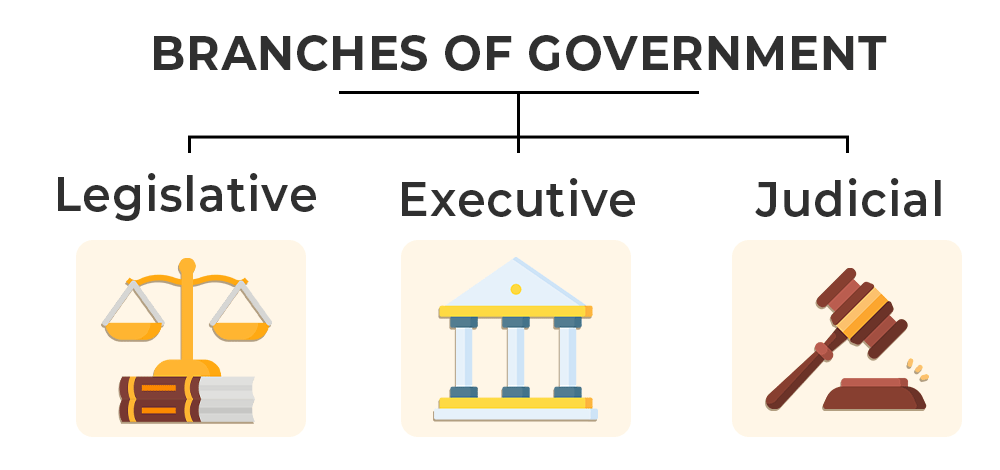Fajar Rehman
Internet connectivity has the potential to transform children and young people’s lives for the better by providing them with access to information, education, entertainment, socialization, and empowerment. Some of the benefits of internet use for children include:
- Researching school reports
- Communicating with teachers and other kids
- Playing interactive games
- Developing digital skills and literacy
- Exploring their interests and identities
- Participating in online communities and civic activities
However, internet connectivity also makes children and young people vulnerable to various forms of online abuse, cyberbullying, and other risks that can harm their safety and well-being. Some of the risks of internet use for children include:
- Inappropriate content
- Cyberbullying
- Online predators
- Privacy breaches
- Identity theft
- Sexting and revenge porn
- Radicalization and extremism
- Addiction and mental health issues
The impact of internet connectivity on children and young people depends on many factors, such as their age, gender, culture, personality, family, and social environment. Some children may be more resilient and able to cope with online challenges, while others may be more vulnerable and need more support and guidance. Therefore, it is important to adopt a balanced and nuanced approach that recognizes the diversity and complexity of children’s online experiences and that promotes their rights, opportunities, and protection in the digital world.
Please, subscribe to the monthly magazines of republicpolicy.com
One way to achieve this is to help children and young people develop digital citizenship skills, which are the skills and competencies that enable them to use the internet safely, responsibly, and ethically. Digital citizenship skills include:
- Digital literacy: the ability to find, evaluate, and use online information effectively and critically
- Digital communication: the ability to communicate and collaborate online in appropriate and respectful ways
- Digital etiquette: the ability to follow the norms and rules of online behavior and respect the rights and feelings of others
- Digital security: the ability to protect oneself and one’s data from online threats and risks
- Digital rights and responsibilities: the awareness of one’s rights and duties as an online user and a member of the digital society
- Digital health and wellness: the ability to manage one’s online time and activities in a balanced and healthy way
- Digital participation: the ability to engage in online civic and social activities that contribute to the common good
Another way to enhance the benefits and reduce the risks of internet connectivity for children and young people is to involve them in the design, implementation, and evaluation of online policies, platforms, and services that affect them. Children and young people have the right to express their views and opinions on matters that concern them and to have their best interests taken into account in decision-making processes. By involving them in the development of the digital environment, they can have more voice, choice, and control over their online experiences and can also contribute to making the internet a safer and more inclusive space for themselves and others.
Lastly, internet connectivity has the potential to transform children and young people’s lives for the better but also makes them vulnerable to sexual abuse, cyberbullying, and other risks. Therefore, it is important to adopt a balanced and nuanced approach that recognizes the diversity and complexity of children’s online experiences and that promotes their rights, opportunities, and protection in the digital world. This can be achieved by helping them develop digital citizenship skills and by involving them in the design, implementation, and evaluation of online policies, platforms, and services that affect them.
Please, subscribe to the YouTube channel of republicpolicy.com

















